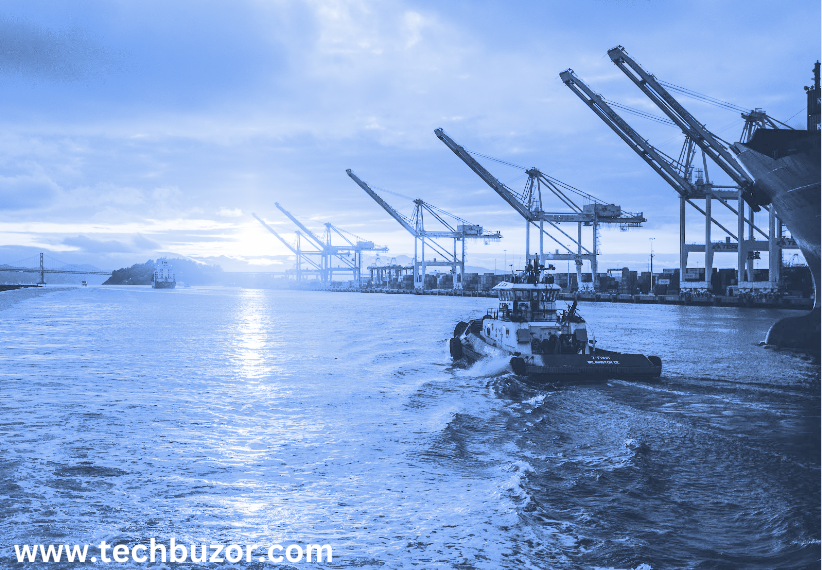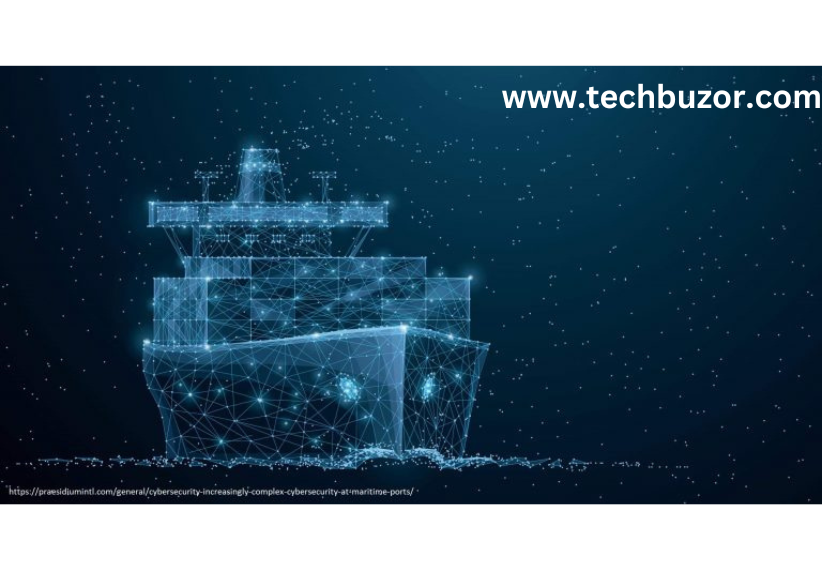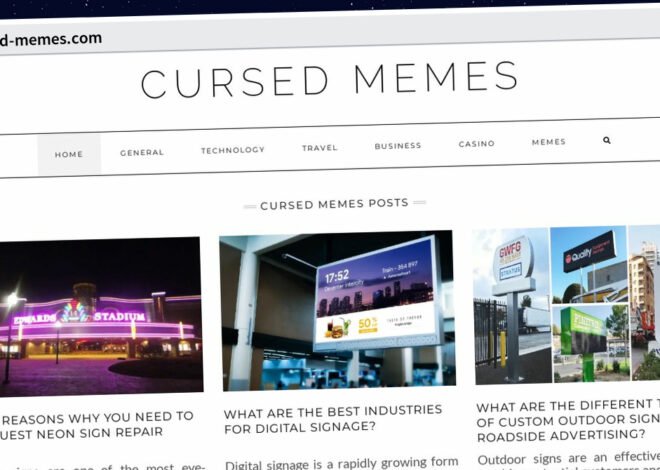
100% Exploring the Maritime Technologies Complex
Maritime Technologies Complex, the integration of advanced technologies has become paramount for staying competitive and ensuring safety and efficiency in operations. The concept of a Maritime Technologies Complex encompasses a wide array of innovations and systems designed to enhance every aspect of maritime operations, from shipbuilding to navigation and communication.
Introduction to Maritime Technologies Complex
The Maritime Technologies Complex represents the convergence of various cutting-edge technologies aimed at revolutionizing the way maritime activities are conducted. It encompasses not only the physical infrastructure of ships but also the sophisticated systems and software used for navigation, communication, safety, and security.

Evolution of Maritime Technologies
The journey of maritime technologies has been a long and transformative one. From the rudimentary vessels of ancient civilizations to the state-of-the-art ships and systems of today, the maritime industry has continually embraced innovation to meet the demands of trade, exploration, and defense.
Key Components of a Maritime Technologies Complex
A modern Maritime Technologies Complex comprises several essential components, each playing a vital role in ensuring the efficiency, safety, and sustainability of maritime operations.
Shipbuilding and Design
The foundation of any maritime endeavor lies in the design and construction of vessels optimized for performance, durability, and safety.
Navigation and Communication Systems
Advanced GPS, radar, and communication technologies enable precise navigation, real-time monitoring, and seamless communication between vessels and shore.
Safety and Security Measures
From automated collision avoidance systems to advanced surveillance and anti-piracy measures, safety and security technologies are integral to the modern maritime landscape.
Benefits of Integrating Advanced Technologies
The integration of advanced technologies into maritime operations offers a plethora of benefits, ranging from improved efficiency and productivity to enhanced safety measures and environmental sustainability.
Challenges in Implementing Maritime Technologies
Nevertheless, embracing these technologies comes with its own set of challenges. Cost considerations, technological infrastructure requirements, and regulatory compliance issues pose significant hurdles for industry stakeholders.
Case Studies of Successful Implementation
Nevertheless, numerous companies have successfully embraced advanced maritime technologies, reaping the rewards of increased efficiency, reduced operational costs, and improved safety records.
Future Trends in Maritime Technologies
Looking ahead, the future of the maritime industry promises even greater innovation, with emerging technologies such as autonomous vessels, blockchain-based logistics, and renewable energy solutions poised to reshape the landscape.
Impact of Maritime Technologies on Global Trade
The integration of advanced technologies is not only transforming individual maritime operations but also exerting a profound influence on global trade patterns, shipping routes, and economic dynamics.
Environmental Considerations
Moreover, there is growing recognition of the need for environmentally sustainable practices within the maritime industry, driving the development of eco-friendly technologies and regulatory initiatives aimed at reducing carbon emissions and minimizing ecological impact.
Training and Skill Development
As maritime technologies continue to evolve, there is a pressing need for training programs and skill development initiatives to ensure that personnel are equipped with the knowledge and expertise to operate and maintain these advanced systems effectively.
Collaboration and Partnerships
Industry collaboration and public-private partnerships play a crucial role in driving innovation and overcoming the technological and regulatory challenges associated with maritime technologies.
Regulatory Framework
An effective regulatory framework is essential for ensuring the safe and responsible integration of advanced technologies into maritime operations, with international maritime regulations providing a guiding framework for compliance.
Investment Opportunities
For investors, the maritime technology sector presents exciting opportunities for growth and innovation, with a burgeoning market fueled by increasing demand for advanced solutions.
Social Impact
Beyond the economic benefits, the adoption of maritime technologies also has significant social implications, including job creation, skills development, and community engagement initiatives.
Conclusion
In conclusion, the Maritime Technologies Complex represents a paradigm shift in the maritime industry, offering unparalleled opportunities for innovation, efficiency, and sustainability. By embracing advanced technologies and overcoming the associated challenges, stakeholders can navigate the seas of the future with confidence and resilience.
FAQs
What is the Maritime Technologies Complex?
- The Maritime Technologies Complex refers to the integration of advanced technologies into all aspects of maritime operations, from shipbuilding to navigation and communication.
What are some examples of advanced maritime technologies?
- Examples include automated navigation systems, remote monitoring technologies, and eco-friendly propulsion systems.
How do maritime technologies impact global trade?
- Maritime technologies influence shipping routes, logistics efficiency, and economic dynamics, playing a crucial role in facilitating global trade.
What are the challenges associated with implementing maritime technologies?
- Challenges include cost considerations, technological infrastructure requirements, and regulatory compliance issues.
What is the future outlook for the maritime technology sector?
- The future of the maritime technology sector looks promising, with emerging technologies such as autonomous vessels and renewable energy solutions poised to drive further innovation and growth.


